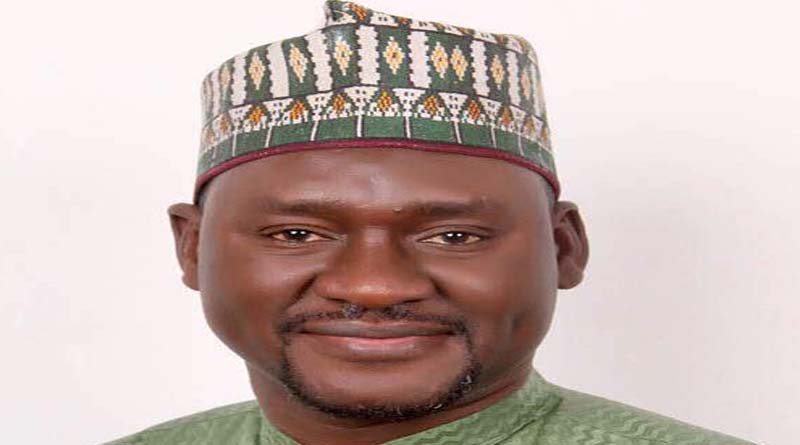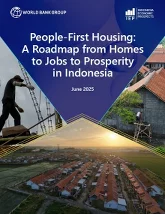“Corruption to blame for poverty, underdevelopment in Nigeria”
Corruption is the greatest hindrance to achieving sustainable development in Nigeria including the government’s ability to deal with poverty and provide critically-important services and infrastructure like water, roads, and healthcare services, says Jimoh Sulahiman, a certified corruption risk assessor at the Independent Corrupt Practices and other related offences Commission (ICPC).

“Corruption poses a serious development challenge as it undermines democracy, rule of law and good governance by subverting formal processes,” says Sulahiman who was speaking at a one-day sensitization workshop aimed at educating citizens on their rights, responsibilities and roles in the fight against corruption organised by the Civil Society Legislative Advocacy Centre (CISLAC) in Kano on Monday.
“It has a negative influence on the efforts to deal with poverty and the ability of government to provide necessary services and infrastructure. Sound development in local communities will depend much on the active participation of the citizens in demanding accountability from government,” he said.
The Civil Society Legislative Advocacy Centre (CISLAC), through Transparency International (TI) in Berlin and with a support from Global Affairs Canada, is implementing the Integrity, Mobilisation, Participation, Accountability, Anticorruption and Transparency (IMPACT Nigeria) project aimed at empowering Nigerian citizens to become a part of the country’s current anti-corruption drive.
“When money meant for the development of schools or the provision of water or health centres is embezzled, schools will remain dilapidated, water will not be provided and sick people will not be able to access affordable treatment in government facilities,” said Sulahiman.
He however said effective citizen engagement with the governance process could help enhance development results, improve the delivery and quality of public services, as well as bring about greater transparency, accountability and social inclusion.
“Empowering citizens to fight corruption would embolden and mobilize citizens to counter corruption in their communities. Citizens working together will gain powerful results, using right to information laws, demanding information as well as through monitoring of budgets spending and social networking,” he said.
Sulahiman, who described youths as agents of change said they were also very important to fighting corruption in Nigeria adding that since the youths were active on the internet and new media platforms they could report news and events relating to corruption through dedicated blogs and websites as well as use the social media to fight corruption.











